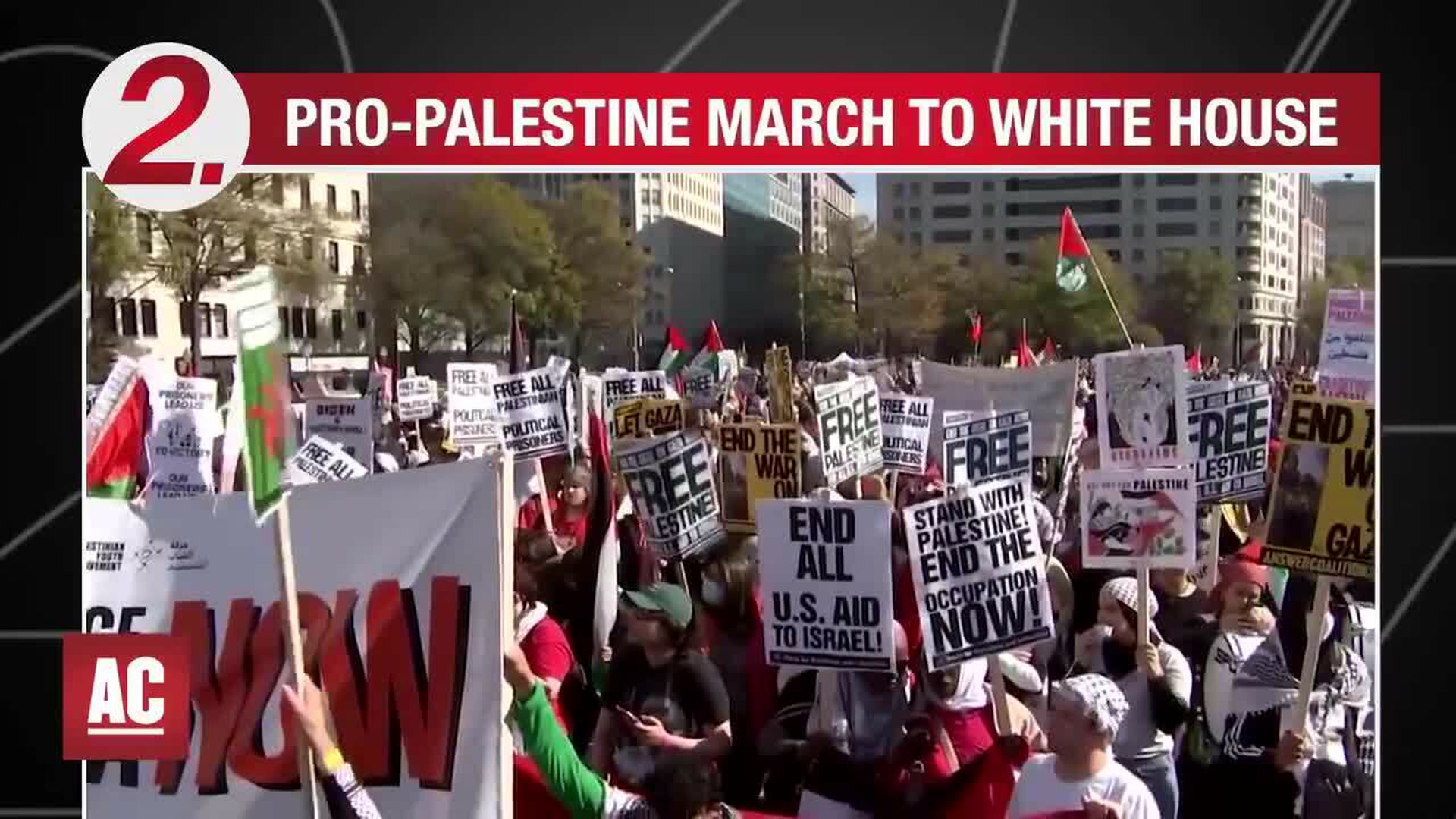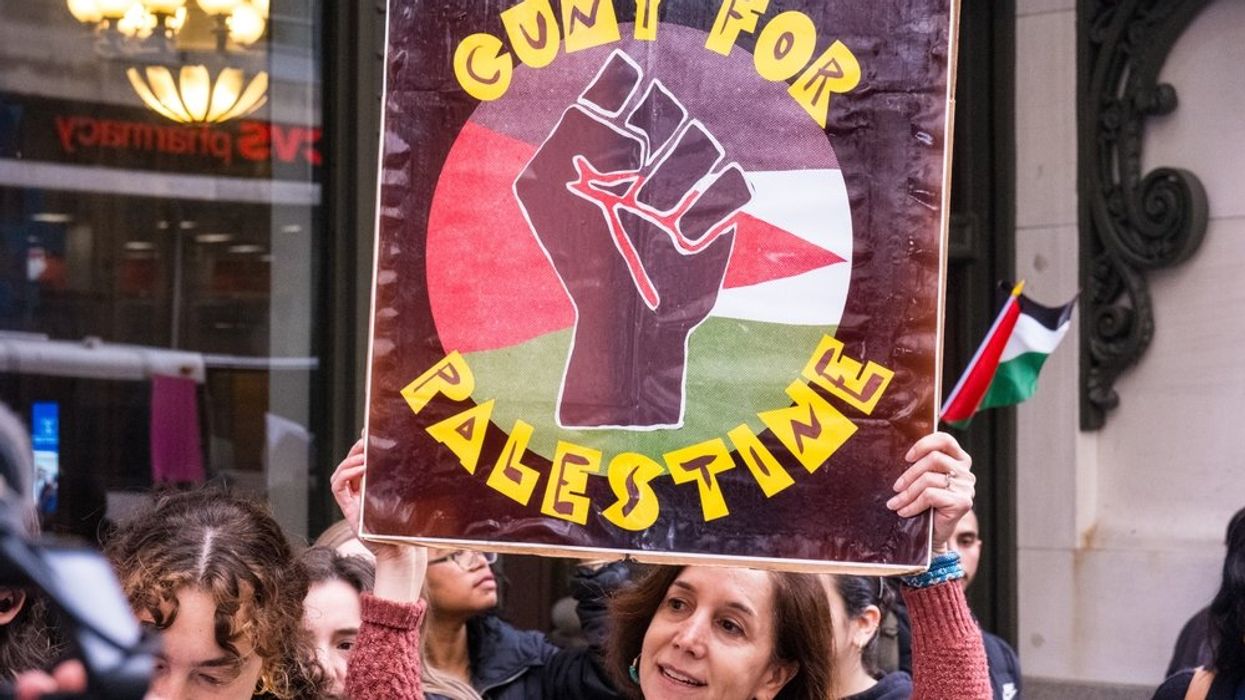(CNN) — Editor’s note: Wendy Pearlman is a professor of political science and interim director of the Middle East and North Africa Studies Program at Northwestern University. The views expressed in this commentary are her own. Read more opinion at CNN.
The aftermath of last week’s congressional hearing on antisemitism with presidents from three elite universities saw the resignation this week of University of Pennsylvania’s Liz Magill. Although the others, Harvard’s Claudine Gay and Massachusetts Institute of Technology’s Sally Kornbluth, have survived calls for their ousters, the outcry continues.
I’ve been paying close attention to what’s being discussed during this uproar — and what isn’t.
As a graduate student two decades ago, I was president of the Students for Justice in Palestine (SJP) chapter at Harvard. Our small group sponsored the occasional lecture or film screening, but for the most part we were ignored.
Now I’m a professor at Northwestern University and am astonished by how much things have changed. Pro-Palestinian student activism is attracting unprecedented scrutiny. That’s largely because, following Hamas’ October 7 attack and Israel’s subsequent bombardment of Gaza, universities have become a frontline in the battle for public opinion over US support for Israel.
Last week’s hearing by the House Committee on Education and the Workforce took place amid worldwide outcry about the colossal scale of death and destruction in Gaza. Antisemitism, like all forms of racism, should be denounced and combatted everywhere, without exception.
But the timing of the hearing suggests to me that something else is going on as well. Accusations of antisemitism are being used to silence criticism of the state of Israel. Lawmakers on the committee blurred the line between Jews and Israel and equated antisemitism and pro-Palestinian dissent.
About three minutes into the hearing, the proceedings began with a video of student demonstrations, sending a message that this was what lawmakers meant by hatred of Jews: students’ political protest against the state of Israel and Israel’s killing of Palestinian civilians.
GOP Rep. Elise Stefanik lambasted the university presidents for not saying that calls for genocide of Jews was against their codes of conduct and chastised them about some students’ use of the word “intifada,” which she defined the word as a “call to commit genocide against the Jewish people.”
As an Arabic speaker who has written two books on Palestinian intifadas, I know that it means “popular uprising,” and is especially associated with nonviolent grassroots protest.
When I was in SJP, I never imagined that powerful entities would care about what we did. But since October 7, Wall Street financiers and CEOs have pressured universities to blacklist student activists.
The Anti-Defamation League and Brandeis Center urged administrators to investigate SJP chapters, suggesting that students are “materially supporting” terrorists. Some schools, among them Brandeis, George Washington University and Columbia, banned or suspended their SJP chapters. Columbia also suspended Jewish Voice for Peace, a Jewish anti-Zionist organization in solidarity with Palestinians’ freedom struggle.
For sure, some individuals and groups over the past two months have expressed criticism of Israel in ways that are questionable or perhaps even objectionable, leaving some Jewish students feeling unsafe. But there have also been a lot of unfair and inaccurate accusations against pro-Palestinian activism, as last week’s hearing illustrated.
Meanwhile, there have been alarming reports of nationwide information-gathering operations against pro-Palestinian student activists. Some have been doxed or seen their faces plastered on billboard trucks. Others have seen job offers rescinded or denied. Some have even received death threats.
For weeks, students criticizing Israel’s military actions have spoken about being afraid to show their faces, express themselves on social media, wear keffiyehs or speak Arabic in public. Their fears took on alarming resonance after the shooting in Vermont of three Palestinian undergraduates, which left one paralyzed and is being investigated as a possible hate crime.
University administrators have given far too little attention to dangers faced by students who stand with the Palestinian cause. What they have done is denounce antisemitism.
That has been the focus in Washington as well. Both the Senate and the House have passed resolutions condemning student activities that they labeled as antisemitic and “pro-Hamas.” The Biden administration announced a raft of measures to combat antisemitism at schools and universities. And numerous top law firms sent a joint letter to law school deans across the country last month, threatening not to hire their students unless deans addressed antisemitism on campus.
Why so much attention to universities right now? I would suggest that those who want to preserve US support for Israel view today’s college students as a looming threat. Surveys have shown that young Americans are far more critical of Israel than are older Americans. Gen Z students, coming of age in an era of mass action on Black Lives Matter, climate change and gun safety, are rallying broad coalitions in support of Palestinian freedom.
This generational divide reflects a tidal shift in American politics and the uproar since last week’s hearing shows the lengths some are going to shut that down. This must not stand.
Shifting the conversation from Israel to antisemitism stymies much needed public debate on US policies, such as a proposal for an additional $14.3 billion in military aid to Israel or last week’s veto of a UN resolution demanding a humanitarian cease-fire in Gaza.
Backlash against pro-Palestinian voices also undermines the vital role of academic institutions as places where students engage with each other, wrestle with complicated questions and learn how to act on their principles in a fraught world.
The role of colleges is to empower students with the knowledge, skills and freedom needed to understand and improve the world. Institutions of higher learning must provide spaces that are safe from violence and intimidation, not from ideas that are challenging or even distressing.
Criticism of Israel will leave some feeling uncomfortable; confronting perspectives different from one’s own usually does. But that is, after all, what college is all about.
The-CNN-Wire
™ & © 2023 Cable News Network, Inc., a Warner Bros. Discovery Company. All rights reserved.

Video Source: Advocate Channel
- Queering the Map in Gaza: LGBTQ+ Palestinians Pay Tribute to Deceased Loved Ones ›
- Here Are Ways You Can Help Palestinian Civilians That Aren't Just Donating ›
- Being Pro-Palestinian Does Not Equal Being 'Anti-Semitic:' Queen Rania of Jordan ›
- Social Media Sites Aren't Pushing Pro-Palestine Content — There's Just More Users Posting It ›


















































